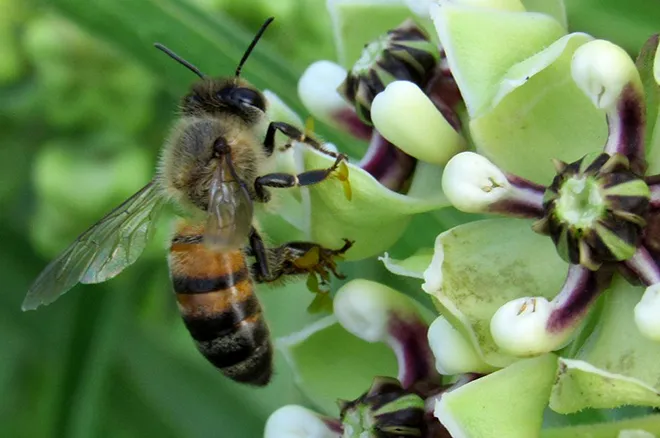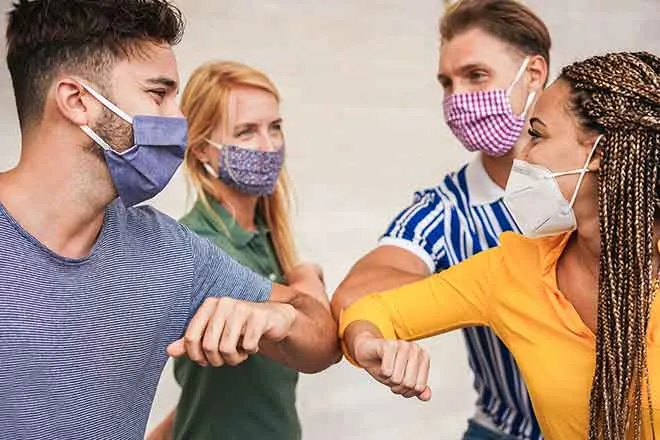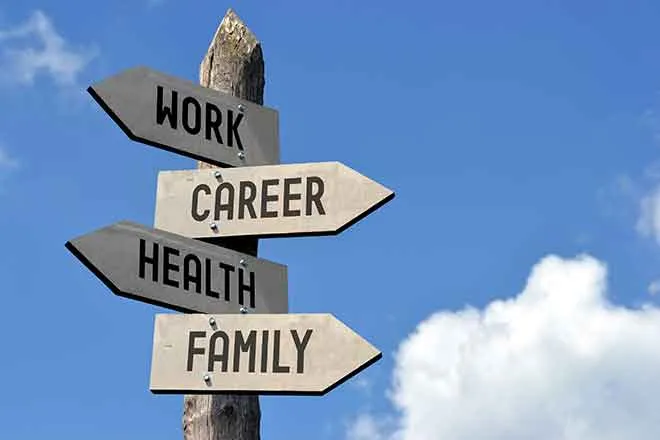
Daily Audio Newscast - October 1, 2025
© AlexLMX - iStock-823000260
Six minutes of news from around the nation.
Trump Threatens to fire 'a lot' of federal workers as shutdown looms; Domestic violence survivor groups slam Trump immigration policies; SD expert: Don't let current events push you away from democracy; Prison rights groups monitor increasing IN female incarceration rates; Advocates concerned about youth crime rhetoric in NYS.
TRANSCRIPT
The Public News Service daily newscast for October the 1st, 2025.
I'm Mike Clifford.
CNN President Trump signaled on Tuesday he would try to maximize the pain of a fast-approaching government shutdown, threatening to leverage the imminent closure to fire a lot of civil servants.
The Times notes it quickly prompted a set of unions representing federal employees to file a lawsuit seeking to block the administration from conducting mass layoffs during the shutdown.
Next up, October is Domestic Violence Awareness Month.
This year, survivor groups are speaking out against Trump administration policies that they say put immigrant victims in danger.
The immigration crackdown has ratcheted up the fear victims face, leading people to avoid police and to fear showing up in a courthouse even to pursue a restraining order.
Carmen McDonald with the Survivor Justice Center in Los Angeles says they've had clients cancel restraining orders for fear of being reported to ICE.
When survivors are silenced, abusers go free.
When immigrants are too afraid to call the police, everyone is less safe.
McDonald encourages victims to seek out confidential hotlines and legal aid groups and asks parents to make a plan for their children's care should the parents be deported.
The Trump administration defends its policies saying they are necessary to deter illegal immigration.
Morgan Weibel is with the Tahira Justice Center in San Bruno.
She says the Trump administration has made it much harder for immigrant victims of domestic violence to apply for residency, despite protections in the Violence Against Women Act.
I'm Suzanne Potter.
Meantime, political researchers say the government shutdown situation swirling around D.C. might turn even more people off to civic engagement, but a South Dakota expert says even during tumultuous times, completely avoiding the democratic process has its pitfalls.
Strained budget talks are compounded by mounting fears of political violence and what many academics and voters see as a toxic environment for public discourse.
The University of South Dakota's Julia Helwig says it's natural to want to look away and refrain from taking part.
But she says voters still need to muster up motivation to hold leaders accountable, noting that many Americans still want a government that's functional.
We might differ on the kinds of values that we have and what policy outcomes that we wanna see, but we want the government to work.
Helwig says tuning out feeds into narratives that money in politics leaves people feeling hopeless and that their voice doesn't matter.
She says voting on a regular basis, attending town halls, and finding time to stay informed about policy matters are the best ways to maintain accountability checks on elected officials.
I'm Mike Moen.
And before a captive audience of hundreds of senior military officers on Tuesday morning, Defense Secretary Pete Hegseth asserted his vision for how the US military will physically look and act and often a stark conclusion.
If you don't agree, resign.
This is Public News Service.
The ACLU of Indiana's Blueprint for Smart Justice report indicates between 2009 and 2019, the number of women in Indiana prisons grew by 9 percent.
That's compared to the population of men in prison, which dropped by 4 percent.
Prison Policy Initiative Communications Strategist, Wanda Bertram says that nationwide, although men are still incarcerated at higher rates, their numbers have been on the decline.
She says it is a different situation for women right now.
Criminalization of essentially addiction of mental illness and poverty has driven women's incarceration in a way that is distinct from what has happened for men.
Other data from the A.C.L.U. of Indiana show 78 percent of women incarcerated in 2016 were in prison for crimes not involving people, including 41 percent for controlled substance offenses and 23 percent for property offenses.
I'm Terry Dee reporting.
And advocates are worried about how New York is discussing youth crime.
State data indicates some counties are experiencing a decline in juvenile crime but others are seeing a gradual increase.
The New York City Mayor's management report finds youth arrests for major felonies have only grown since 2020.
Some public officials blame the increase in felony arrests on the 2017 raised the age law, which made it so 16 and 17 year olds could no longer be prosecuted as adults.
Julia Davis with the Children's Defense Fund of New York defends the law, saying it also provides funds to keep kids out of trouble.
That money is available for counties across the state to build the types of programs and services that are really about moving away from adult prosecution and moving towards rehabilitation services programs so we don't have kids going through the revolving door of the criminal legal system.
Davis believes youth crime rhetoric today is similar to the 1990s.
I'm Edwin J. Vieira.
Next, the American Indian College Fund has released Native Pathways, a college-going guidebook to help Native students of all ages and backgrounds achieve a college degree or professional certificate.
Senior Program Officer Kelly Mitchell says the guidebook offers tips for navigating school choice, applications, finances, and maintaining connections to culture and community.
It also outlines how students can tap support networks to help them through their academic journey.
They need to find that family support, they need to find their peer support, and then they need to find the academic and mentor support at those locations.
The guidebook includes encouragement and expertise from current Native scholars, student success professionals working at tribal colleges, parents, tribal elders, and artists.
It's available for free online at collegefund.org.
Printed copies will also be distributed to Higher Pathway Partner Programs at high schools across Indian Country.
I'm Eric Galatas.
This is Mike Clifford for Public News Service.
Member and listener supported.
Find our trust indicators at publicnewsservice.org.
















